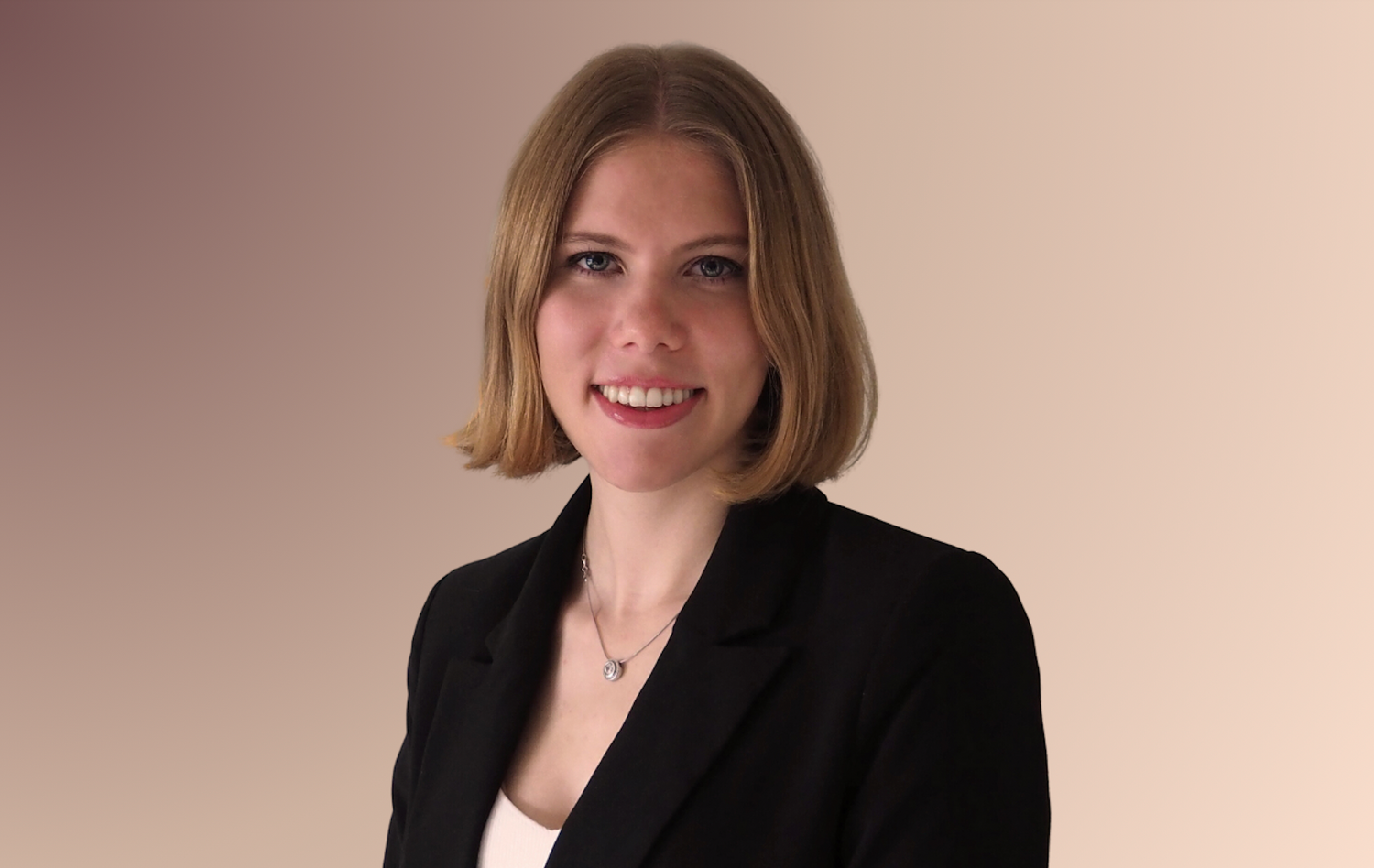If you've been a loyal supporter of This Place for a while, you're well aware that it's no ordinary natural cosmetics brand. For while our products work their topical magic to alleviate your everyday physical problems, they represent just one facet of the broader This Place experience.
The Science of Self-Care goes beyond the surface, encapsulating the principles of deceleration, mindfulness, and well-being. Furthermore, we are dedicated to providing a trustworthy platform you can turn to for information on a wide range of topics that resonate with our values.
For instance, our soothing period cream, The Hug, was crafted with the aim of promoting menstrual health awareness. This innovative and holistic product delivers effective relief through carefully selected medicinal plants, all while offering you a moment of self-care and self-appreciation.

Aligned with This Place's dedication to education, we are continually in search of like-minded partnerships that share our vision. One such exceptional partnership is with the Psychological Institute of the University of Zurich.
Through this collaboration, we have the privilege to sponsor a study with The Mineral Bath, our reharmonizing bath powder. This study addresses an exceptionally significant topic: assisted reproduction and its mid-term psychological impacts on families.
In an interview with Julia Jeannine Schmid, psychologist and doctoral candidate at the University of Zurich, we delve into the multifaceted aspects of this subject. We talk about the various forms of assisted reproduction and the societal stigmas around the topic. Julia also underscores the significance of self-care, and offers invaluable advice to those contemplating assisted reproduction.
You can find further information about the study and participation in the last section of this article.
Assisted reproduction techniques are a complex topic for many people. Before we delve into the details of the study, could you, in simple terms, explain what assisted reproduction is, the different types, and how they differ from natural conception?
Assisted reproduction techniques are medical procedures aimed at achieving pregnancy. During these procedures, eggs or embryos are treated outside the female body. Essentially, two main methods are distinguished: in-vitro fertilization (IVF) and intracytoplasmic sperm injection (ICSI).
In IVF, eggs are combined with prepared sperm in a laboratory dish, where fertilization can occur naturally.
On the other hand, ICSI involves injecting a single sperm into a prepared egg. From the fertilized egg, an embryo can develop and then be transferred into the woman's uterus.
Let's dive deeper into the study now. What motivated you to investigate the mid-term biopsychological effects of assisted reproduction on families? What is the main objective of your research?
In Switzerland, around 7,000 women undergo assisted reproduction techniques each year, resulting in the birth of nearly 2,500 children through such treatments. In Germany, this number is almost ten times higher. It's a significant figure. Existing research indicates that infertility, as well as its treatment, can be highly distressing for affected couples.
However, it's still unclear how families fare after the birth of the child. We want to examine this in more detail to determine the prospects and risks of assisted reproduction. The findings will aid in preparing affected families as best as possible for family life.
What surprised you the most about the results or during the study's execution?
Since the study is not yet completed, I cannot provide any information about the results. What surprised me during the study's execution is that the interest in participating in the study comes almost exclusively from the mothers. Fathers do participate, but typically only upon the mother's request.
I was shocked by the fear of stigmatization experienced by the parents involved. For this reason, the families' data are handled with extreme sensitivity, confidentiality is maintained, and pseudonymization is ensured. Naturally, the children do not receive any information about how they were conceived.
What role does the holistic health of parents play in the psychosocial development of children, particularly those conceived through assisted reproduction?
Both the physical and mental health of parents have an impact on the development of children. For instance, a severe mental disorder can lead to a parent being less sensitive to the child, which, in turn, can affect the child's psychosocial development. Good physical and mental health, on the other hand, has a positive effect on a child's development.
How these connections manifest in the context of assisted reproduction has not been researched yet.
To what extent can the biological and psychological mechanisms you have researched serve as a foundation for holistic health approaches?
Researching these mechanisms will help us understand where interventions can be made to prepare families as effectively as possible for family life, promoting holistic health in this context.
Are there specific recommendations or advice you would give to couples considering assisted reproduction based on your research findings?
The most important message is undoubtedly: "You are not alone". Globally, approximately one in six individuals faces infertility. Sharing experiences with other affected individuals, for example, in Facebook groups, and accepting support from your social circle can be relieving.
If couples are experiencing significant distress, we recommend counseling or psychotherapy. There are professionals who specialize in supporting couples with fertility concerns. Social interaction not only improves well-being but also helps to reduce stigma.
Reassuringly, affected couples can find comfort in knowing that current research suggests that there are only a few differences between families who have used assisted reproduction and those who have not. Some of these differences are even positive. For example, a better mother-child relationship has been reported in some cases.
What role does self-care play?
Self-care is immensely important. In the context of assisted reproduction, self-care helps maintain boundaries and reduce stress. Furthermore, it holds true that only those who take care of themselves can be there for others in the long term. This applies to family life just as it does on an airplane, where the safety instructions emphasize that you should put on your own oxygen mask first before assisting others.

Could you provide us with an overview of how you're researching the impact on the mental health of parents and the development of children?
In our study, we are examining the mental health of parents, various aspects of parenting, such as parenting behavior, and the psychosocial development of children from families formed in different ways.
Participating are four-member families who have one child conceived through assisted reproduction and another child conceived naturally. We compare these families in the mentioned aspects with families who did not use assisted reproduction.
For families, participation takes place from their homes and includes parents filling out psychological questionnaires and collecting fingernail and saliva samples independently for the entire family.
We are investigating the biopsychological effects of assisted reproduction on families using both psychological questionnaires and the analysis of biological samples.
For more information about the study, click here.
How can one support your study?
Currently, we are in search of the last participating families and would greatly appreciate any leads. You can directly access participation here.
For questions, you can also reach us via email at start-familie@psychologie.uzh.ch or by phone at +41 44 635 73 65.
As a token of our gratitude, every participating family will receive a gift set valued at 150 euros, including a voucher for The Mineral Bath from This Place.
We would also be very grateful if you could share the study participation link.
Together, we can explore how families are doing after assisted reproduction!

